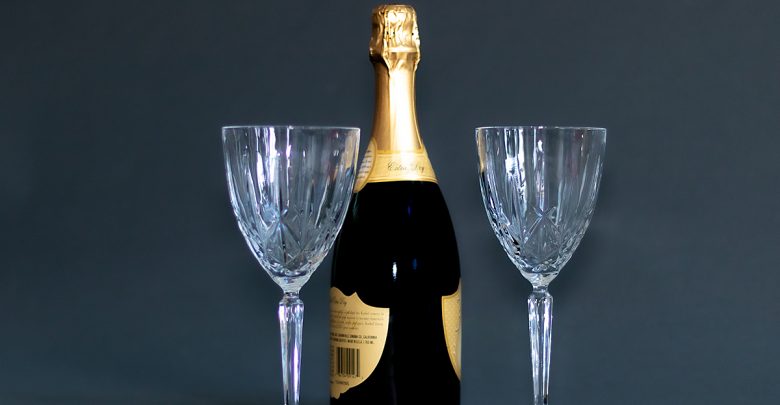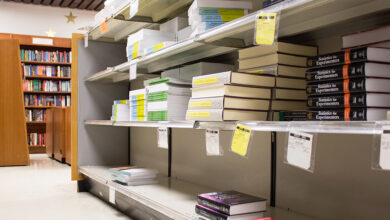 Rachel Wang
Rachel WangThe “Summer of Repeal” that the United Conservative Party has been hyping up for weeks has finally begun, and drinking laws appear to be at the top of the list. Promising to end the “war on fun,” premier Jason Kenney announced shortly before the May long weekend that Albertans would be permitted to drink in provincial parks, and also hinted that more permanent deregulation is in the works.
The announcement prompted both excitement and dread, with some worried that loosening public drinking laws will enable excessive drunkenness and disruptive behavior; but if people use new liquor laws as an excuse to get blackout drunk in the streets, it won’t be because of a few lines on a legal document. It will be because our relationship with alcohol is deeply warped.
While the concept may seem alien to many, allowing adults to drink in public isn’t that strange. Depending on where you are in the world, how much alcohol you can consume and where you can consume it varies more widely than many realize. New Zealand doesn’t tend to restrict where adults can drink, and drivers over twenty are even allowed to drink while driving as long as they do not exceed the legal limit. Drinking on the street is also legal in Japan, though both eating and drinking in public are seen as inappropriate. As for England, as long as you’re not on the London tube or in certain towns with stricter bylaws, you’re pretty much home free.
These countries are all running quite smoothly. They have not descended into chaotic, alcohol-fuelled hellscapes just because some people like to have a beer at a picnic. Letting adults drink in public is clearly not the end of the world, but before we say cheers, we might want to give deregulation a sober second thought. Our drinking culture here in Canada is quite different from other areas of the world, and if we loosen liquor laws without taking that into account, we might not be ready for what follows.
Over the past few years, research into how Canadians drink has yielded some troubling results. We are terrible at keeping track of how much we drink, and as a result, we’re also consuming more than we should be. The Government of Canada estimates that 19 per cent of adult Canadians drink more than the weekly recommended guidelines (no more than 15 standard drinks a week for men, and 10 for women).
But our most destructive liquor habits truly shine at parties and other social events, where binge drinking is the norm. Alcohol is one of the most socially acceptable drugs a person can take, and taking it in large quantities is par for the course. There are dozens of games designed to get you drunk extremely quickly. Party scenes in countless movies and TV shows make binge drinking look fun and exciting, which has been linked to increased consumption of alcohol in the real world. Getting your first hangover is practically a rite of passage.
The result is a startling set of statistics: in 2017, 19.4 per cent of all Albertans over the age of twelve were classified as heavy drinkers, which is in line with the national average. A fifth of us consume several drinks at a time at least once a month, which has been proven to lead to alcohol dependency and a plethora of other health problems. When looking at young adults specifically, the results are even worse: 29.5 per cent of us are considered heavy drinkers.
If we combine a culture that loves getting its drink on with even fewer restrictions than we have now, it could lead to some ugly displays of public drunkenness. This is not because adults cannot be trusted to make their own decisions, but because the way we think about alcohol needs to change. It will likely always be a part of society — it’s one of the oldest ways we let loose and have fun, and it will probably continue to serve that purpose as long as humans are around. But we cannot continue to drink with wild abandon. Drinking is fun, but only in moderation, and that’s something we as a society need to work on before we take it to the streets.




